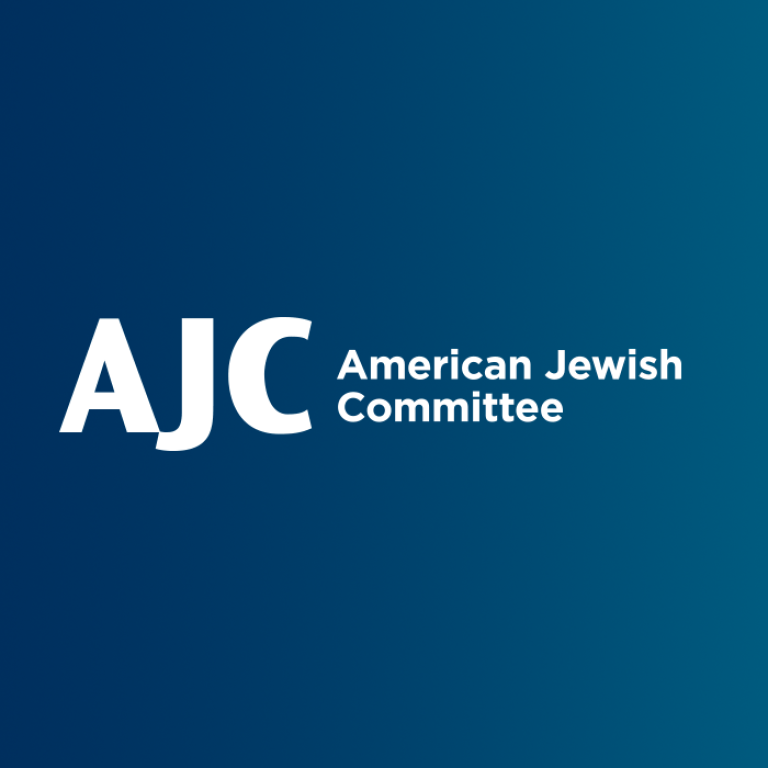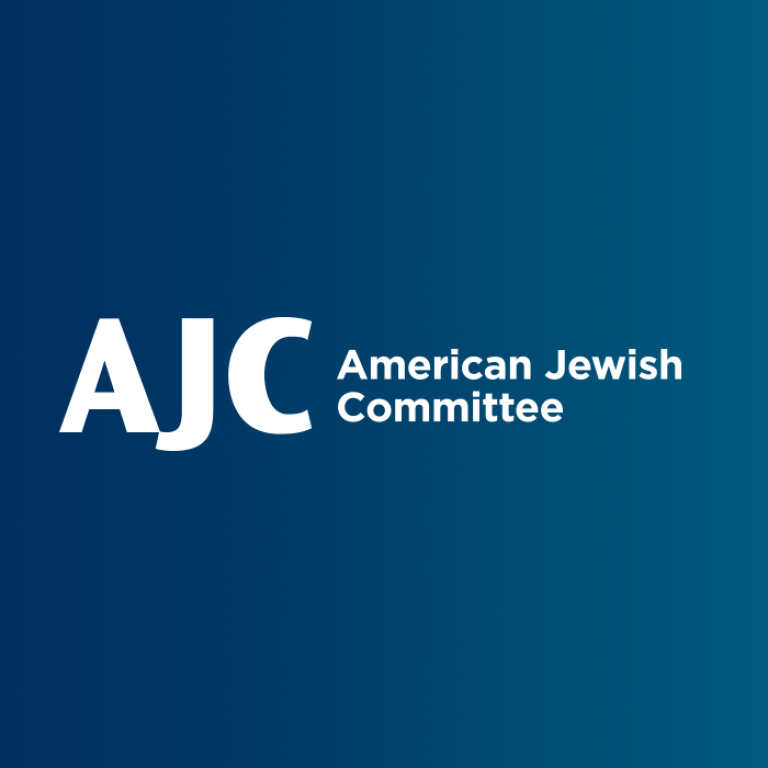November 15, 2023
This article originally appeared in Newsweek.
Amid a global wave of antisemitic harassment, intimidation, and violence, more than 290,000 people from across the United States came together on Tuesday in Washington, D.C. to make clear that Americans stand with Israel and the Jewish community. The March for Israel made clear that we are united against terrorism, against antisemitism, and in our dedication to bring home every hostage being held by Hamas.
Now it's time to match those voices with action.
We have no time to lose; antisemitic incidents have more than tripled year-over-year in the United States since Hamas's October 7 massacre, and no region was spared.
New York City, home to the world's largest Jewish community outside of Israel, experienced more than three times the number of anti-Jewish hate crimes this year than in October 2022. Jewish students at Ohio State University were attacked and the school's Hillel was vandalized. Paul Kessler, a 69-year-old Jewish Israel supporter died from injuries sustained when a protester at a Los Angeles-area rally in support of Palestinians became violent and attacked him. At a pro-Palestinian march in Washington, D.C., we saw a protester carrying a sign equating the Star of David with a Nazi swastika and nearby, at George Washington University we saw projections of "glory to our martyrs" on a university library. This is blatant Jew-hatred.
Antisemitism is an intergenerational, coast-to-coast, left to right phenomenon. Fighting it requires comprehensive buy-in from every facet of society.
It must involve government officials at the federal, state, and local levels. It must involve our university presidents and professors, educators, students, and civil society organizations. And given the skyrocketing increase in antisemitic incidents, this work must begin immediately.
Here are ten ways we should capitalize on the momentum generated by the March for Israel to strike a major blow against antisemitism.
A good starting point is to fully implement the U.S. National Strategy to Counter Antisemitism, which takes a comprehensive, whole-of-government and whole-of-society approach. It includes 100 action items for government agencies and another 100 for civil society to keep Jews safe while learning in school, praying in synagogue, and going out about daily life, all activities which sadly—and unacceptably—can be dangerous today.
The National Strategy recognizes that in order to combat antisemitism, understanding it is a critical first step. Federal agencies, state and local governments, educational institutions, and corporations should adopt and implement the International Holocaust Remembrance Alliance's (IHRA) Working Definition of antisemitism, the most comprehensive, specific, and internationally accepted definition of antisemitism. This definition provides an important understanding of what antisemitism is and isn't and when anti-Israel rhetoric is actually dangerous antisemitism.
Some of the most vicious antisemitic incidents of late have taken place at high schools and on college campuses. Jewish students do not feel safe.
Administrators must immediately prioritize the physical safety of students, reassert and enforce codes of conduct, and connect directly with Jewish students to address their concerns and AJC has created an action plan to help guide universities through this process. All schools that receive federal funding should remember that such funding can be lost or revoked if the school cannot guarantee a safe environment for all students—including Jewish students.
An understanding of Judaism and American Jewry must be integrated into school and higher education curricula and training materials. Antisemitism is frequently driven by ignorance; learning about Jewish history and the myriad manifestations of antisemitism will help increase understanding and acceptance. As recent events have necessitated, colleges should also establish task forces dedicated to fighting antisemitism among students, faculty, and administrators.
For their part, students should encourage universities to address their safety, speak out about antisemitic incidents, and educate themselves about Israel. If an incident has made them feel unsafe or unwelcome, they should report it to ensure action and recourse. AJC has created this action plan for university students to help them identify ways in which they can advocate for themselves and their campus Jewish community.
We all must call on elected officials to condemn Hamas's brutal terror attack, provide Israel the support necessary to defend its citizens and win its war against Hamas terrorists, and demand the release of all hostages.
Elected officials, for their part, must unequivocally condemn antisemitic incidents wherever and whenever they occur. They should engage with their local Jewish communities, work to protect Jewish institutions, and support media literacy programs so that everyone can understand the dangers of antisemitic acts and antisemitic tropes and language. AJC created the Translate Hate Glossary, which we are constantly updating, to help identify and explain these terms.
Local elected officials can appoint local Jewish community liaisons so that their constituents feel cared for and secure. Local law enforcement must be trained about antisemitism, and how it can escalate from hate speech to violence, and everyone must be encouraged to and made to feel safe when they report antisemitic hate crimes.
Tech and social media companies need to take prompt and effective action to counter the surge in online hate and content celebrating Hamas and its terror attack against Israel on October 7, 2023. Earlier this month, AJC was joined by roughly 50 Jewish community organizations from around the world in calling on these companies to "to adopt and enforce policies that protect Jews facing threats to their rights to life and physical integrity, to freedom of religion or belief, and the right to participate in public and cultural life, including by removing content from their platforms that encourages or creates an imminent risk of such harm," while also making clear that these platforms "should allow space for robust debate and the expression of a wide range of positions, including criticism of Israel and non-violent expressions of support for Palestinian statehood.
Congress also needs to explore how to ensure that putting the Jewish community or any community at risk, through negligence or direct amplification, results in real liability.
As many American Jews feel alone or ostracized, government and educational institutions should lift up Jewish-American heritage and the considerable contributions of Jews to American life and our nation's history. This might include, but is certainly not limited to, commemorating International Holocaust Remembrance Day every January 27 and celebrating Jewish American Heritage Month every May.
- Lastly, hate does not exist in a vacuum. Interfaith dialogue and inter-community work can help build a more secure America for all. Events and programs that foster mutual respect and understanding help lower the temperature during times of crisis, and make clear that we'd all prefer to live in a world where we have each other's backs.
Let yesterday's March be a rallying cry, not just a rally. This moment demands urgent action. Fighting antisemitism takes all of us, and there is no time to waste.
Ted Deutch is the CEO of the American Jewish Committee.





